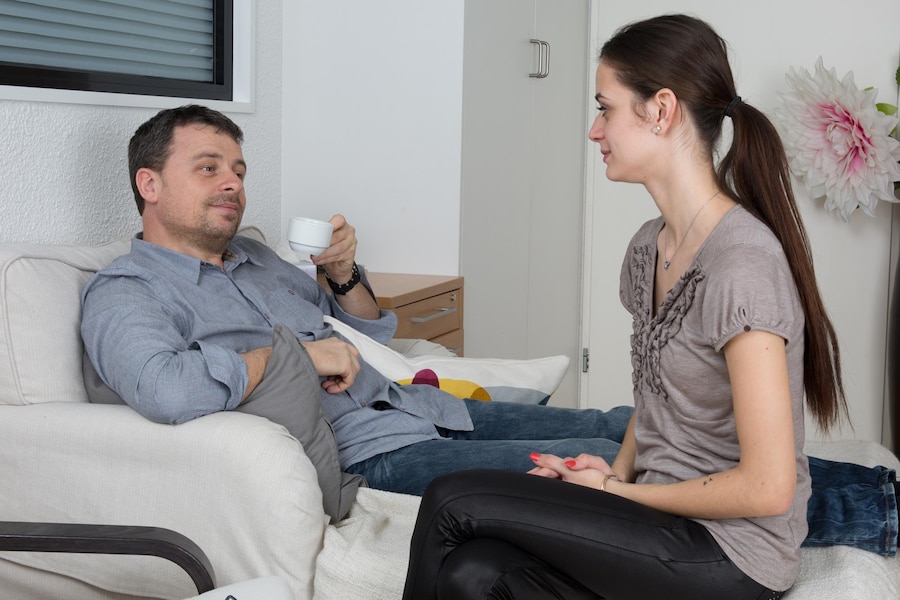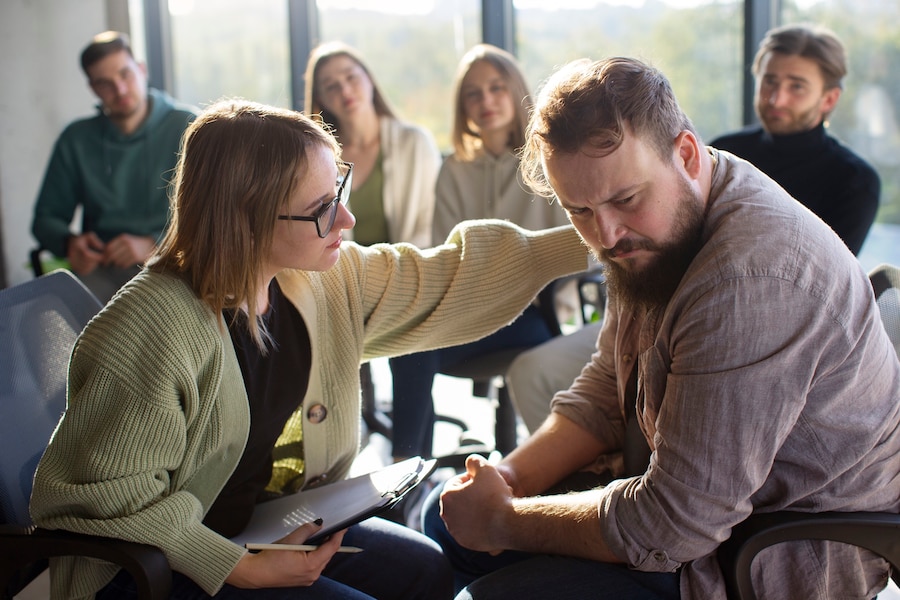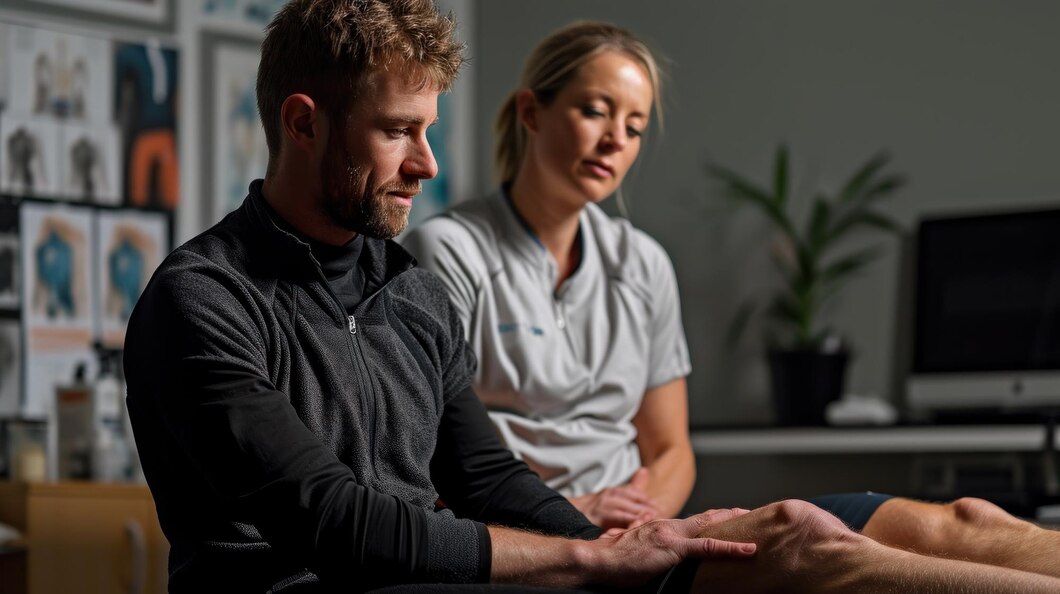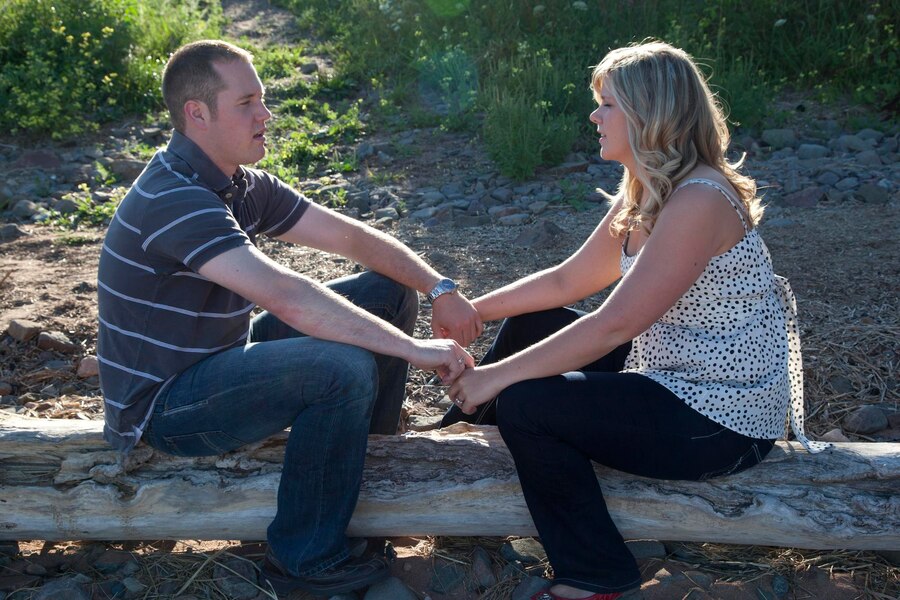Renewing Bonds: Couples Rehabs’ Path to Healing
Embarking on the journey of recovery from addiction is challenging, but doing so as a couple adds an extra layer of complexity and significance. Couples rehabs offer a unique opportunity for partners to heal together, strengthening their bond while addressing their individual struggles with substance abuse. In this comprehensive guide, we explore the concept of couples rehabs, delve into the benefits they offer, and outline the path to healing for couples seeking to renew their bonds and overcome addiction together.
Couples Rehabs Services 888-325-2454
Understanding Couples Rehabs
Couples rehabs, also known as couples therapy rehabs or dual diagnosis treatment centers, are specialized facilities that cater to the unique needs of couples struggling with addiction. These facilities recognize that addiction not only affects individuals but also impacts their partners and relationships. Couples rehabs offer a range of services tailored to meet the specific needs of couples in recovery. Comprehensive treatment for substance abuse is a cornerstone of couples rehabs, providing evidence-based programs such as medically supervised detoxification, individual counseling, group therapy, and holistic treatments aimed at addressing the physical, emotional, and psychological aspects of addiction.
Couples counseling and therapy are central components of couples rehabs. Couples work with licensed therapists who specialize in relationship dynamics and addiction to address underlying issues, improve communication, and rebuild trust and intimacy in the relationship. Additionally, many couples rehabs offer dual diagnosis treatment for individuals who have both a substance abuse disorder and a co-occurring mental health condition.
Family involvement is another key aspect of couples rehabs. Recognizing the importance of familial support in recovery, these facilities involve family members in the treatment process. Aftercare and relapse prevention are essential components of successful recovery. Couples rehabs provide aftercare programs and resources to help couples transition back into their daily lives while maintaining their sobriety. This may include support groups, relapse prevention planning, and ongoing counseling.
Finally, couples rehabs offer opportunities for couples to connect with others who are going through similar experiences. Being surrounded by peers who understand their struggles can be immensely beneficial for couples in recovery, providing mutual support and encouragement as they work towards a healthy and sober future
Benefits of Couples Rehabs
Couples Rehabs offer a range of benefits that set them apart from traditional rehab programs:
- Shared Experience: Couples rehabs provide partners with the opportunity to navigate the recovery process together, fostering a sense of solidarity and shared purpose.
- Enhanced Communication: Through individual and couples therapy sessions, couples learn effective communication skills, enabling them to address underlying issues and strengthen their relationship.
- Mutual Support: Partners in couples rehabs serve as each other’s primary support systems, offering encouragement, understanding, and accountability throughout the recovery journey.
- Relationship Repair: Couples rehabs focus not only on individual healing but also on repairing and rebuilding the relationship, laying the foundation for a healthier and more fulfilling partnership.
- Long-Term Success: Research shows that couples who undergo treatment together are more likely to achieve long-term sobriety and maintain healthier lifestyles compared to those who undergo treatment separately.

The Path to Healing
The journey through couples rehabs is a transformative experience that follows a structured yet personalized path to healing:
- Assessment and Evaluation: Upon admission to a couples rehabs facility, partners undergo comprehensive assessments to identify their unique needs, challenges, and goals for treatment.
- Detoxification: For couples struggling with substance abuse, the first step in the recovery process is often detoxification, where the body is rid of harmful toxins under medical supervision.
- Individual Therapy: Partners engage in individual therapy sessions to explore the root causes of their addiction, address underlying mental health issues, and develop coping strategies for managing cravings and triggers.
- Couples Therapy: Couples participate in joint therapy sessions where they explore the dynamics of their relationship, learn effective communication skills, and work through conflicts and resentments in a safe and supportive environment.
- Group Therapy: Partners engage in group therapy sessions with other couples in similar situations, providing opportunities for mutual support, encouragement, and learning from shared experiences.
- Aftercare Planning: As partners near the completion of their treatment program, couples rehabs staff work with them to develop a comprehensive aftercare plan that includes ongoing therapy, support group participation, and relapse prevention strategies to maintain their sobriety and strengthen their relationship in the long term.
Couples Rehabs’ Path to Healing
Couples rehabs offer a holistic approach to addiction treatment that addresses not only the individual’s substance abuse issues but also the dynamics of the relationship. By providing partners with a supportive environment, effective therapy modalities, and personalized treatment plans, couples rehabs empower couples to heal together, renew their bonds, and embark on a journey toward lasting sobriety and fulfillment. If you and your partner are struggling with addiction, consider exploring the transformative potential of couples rehabs and take the first step toward healing together.

- Q: What is the significance of renewing bonds in couples rehab?A: Renewing bonds in couples rehab is crucial for rebuilding trust, strengthening communication, and fostering intimacy between partners. It allows couples to heal together and create a solid foundation for long-term recovery.
- Q: How does couples rehab facilitate the renewal of bonds between partners?A: Couples rehab provides a supportive environment where partners can engage in therapy sessions, participate in activities together, and learn healthy communication skills. Therapists guide couples through exercises designed to promote understanding, empathy, and connection.
- Q: What are some common challenges couples face when renewing bonds in rehab?A: Common challenges include addressing past resentments, rebuilding trust after betrayal, and learning to communicate effectively. Couples may also struggle with managing expectations and adjusting to new ways of relating to each other.
- Q: What strategies are employed in couples rehab to help partners renew their bonds?A: Therapists use a variety of techniques such as couples counseling, experiential therapies, and communication exercises to help partners renew their bonds. These strategies encourage openness, vulnerability, and mutual support.
- Q: How long does it typically take for couples to renew their bonds in rehab?A: The timeline for renewing bonds in couples rehab varies depending on the couple’s specific needs and circumstances. Some couples may experience significant progress in a few weeks, while others may require more time to address underlying issues.
- Q: Can couples renew their bonds outside of rehab?A: Yes, couples can continue to work on renewing their bonds outside of rehab by practicing the skills and techniques learned during treatment. It’s essential for couples to maintain open communication and prioritize their relationship.
- Q: What role does individual therapy play in the process of renewing bonds in couples rehab?A: Individual therapy allows each partner to address personal issues and develop self-awareness, which is essential for renewing bonds in couples rehab. By working on themselves, partners can better understand their contributions to the relationship dynamics.
- Q: How can couples maintain the bonds they’ve renewed after leaving rehab?A: Couples can maintain their renewed bonds by continuing to prioritize their relationship, practicing healthy communication skills, and seeking support when needed. Regular check-ins with a therapist or counselor can also be beneficial.
- Q: What are some signs that couples have successfully renewed their bonds in rehab?A: Signs include improved communication, increased trust and intimacy, and a sense of partnership in navigating challenges. Couples may also express greater satisfaction and happiness in their relationship.
- Q: How can Couples Rehabs’ programs specifically support the process of renewing bonds between partners?A: Couples Rehabs’ programs are designed to address the unique needs of couples struggling with addiction. Through a combination of therapy, education, and experiential activities, Couples Rehabs provides couples with the tools and support they need to renew their bonds and build a healthier future together



















Recent Comments